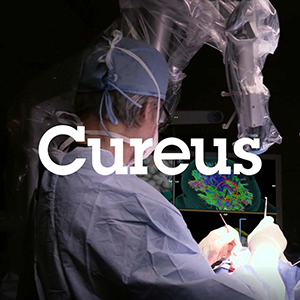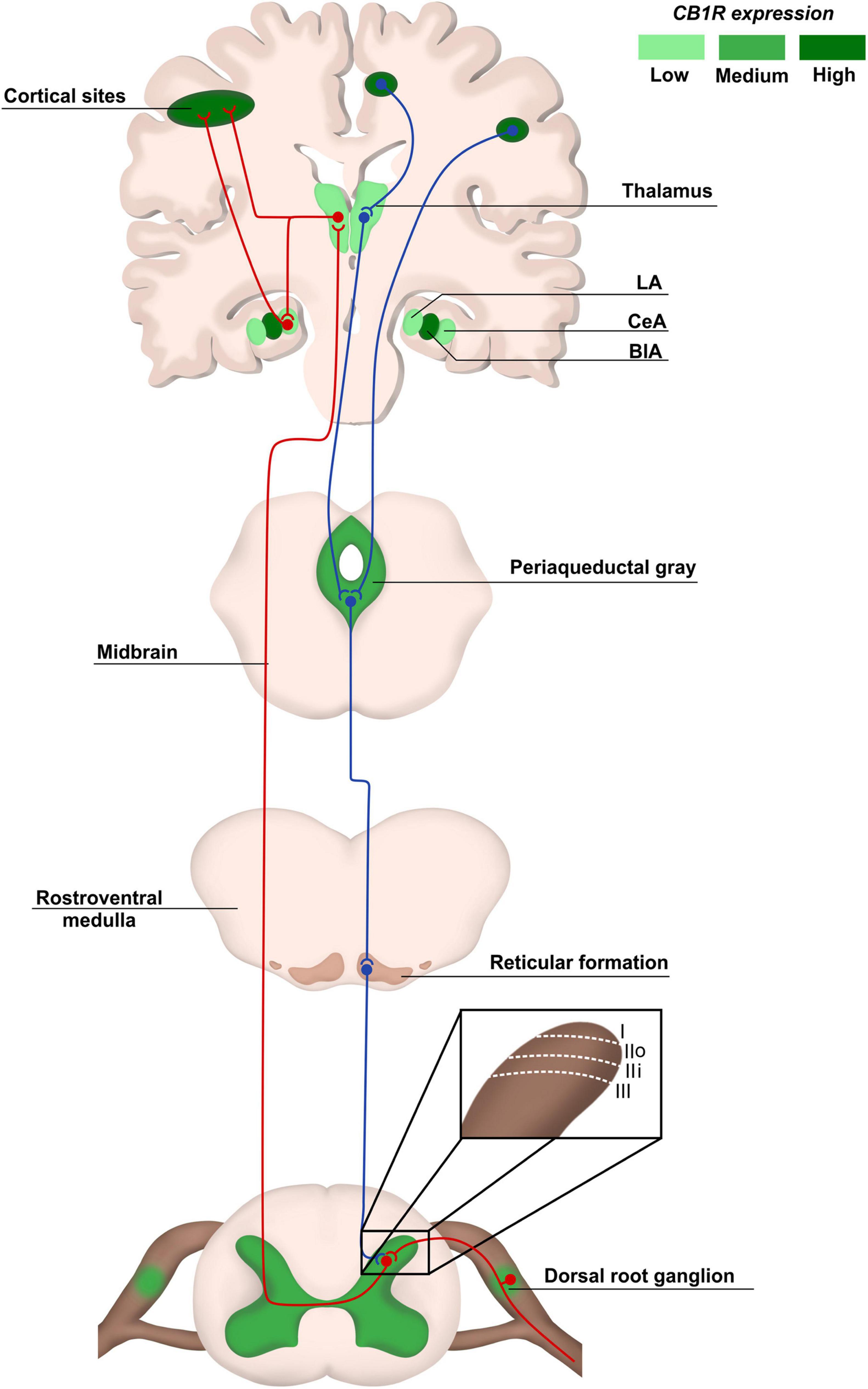
“Neuropathic pain (NP) is a complex health problem that includes sensorial manifestations such as evoked and ongoing pain. Cannabidiol (CBD) has shown potential in the treatment of NP and the combination between opioids and cannabinoids has provided promising results on pain relief. Thus, our study aimed to investigate the effect of treatment combination between CBD and morphine on evoked and ongoing pain, and the effect of CBD on morphine-induced tolerance in the model of chronic constriction injury (CCI) of the sciatic nerve in rats.
Mechanical thresholds (i.e., evoked pain) were evaluated before and 7 days after surgery. We also employed a 4-day conditioned place preference (CPP) protocol, to evaluate relief of ongoing pain (6 to 9 days after surgery). Treatment with morphine (2 and 4mg/kg) or CBD (30mg/kg) induced a significant antinociceptive effect on evoked pain.
The combination of CBD (30mg/kg) and morphine (1mg/kg) produced an enhanced antinociceptive effect, when compared to morphine alone (1mg/Kg). Treatment with morphine (1 and 2mg/kg) or CBD (30mg/kg) alone failed to induce significant scores in the CPP test. However, combined treatment of CBD (30mg/kg) and morphine (1mg/kg) provided significant positive scores, increased the number of entrances in the drug-paired chamber in the CPP test and did not alter locomotor activity in rats. Lastly, treatment with CBD partially attenuated morphine-induced tolerance.
In summary, our results support the indication of CBD as an adjuvant to opioid therapy for the attenuation of NP and opioid-induced analgesic tolerance.”
https://pubmed.ncbi.nlm.nih.gov/36028000/
“Taken together, the present results demonstrate that CBD or morphine exert antinociceptive effects in both mechanically evoked pain and ongoing pain after CCI in rats. The treatment combination of CBD and a sub-therapeutic dose of morphine, provided marked antinociceptive effects in both evoked and ongoing pain.”
https://www.sciencedirect.com/science/article/abs/pii/S0166432822003448?via%3Dihub









